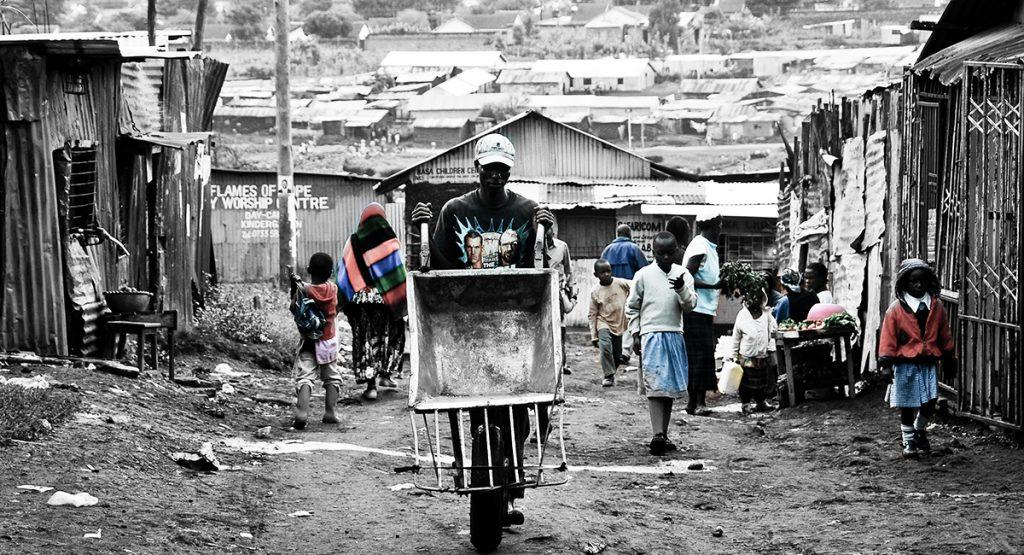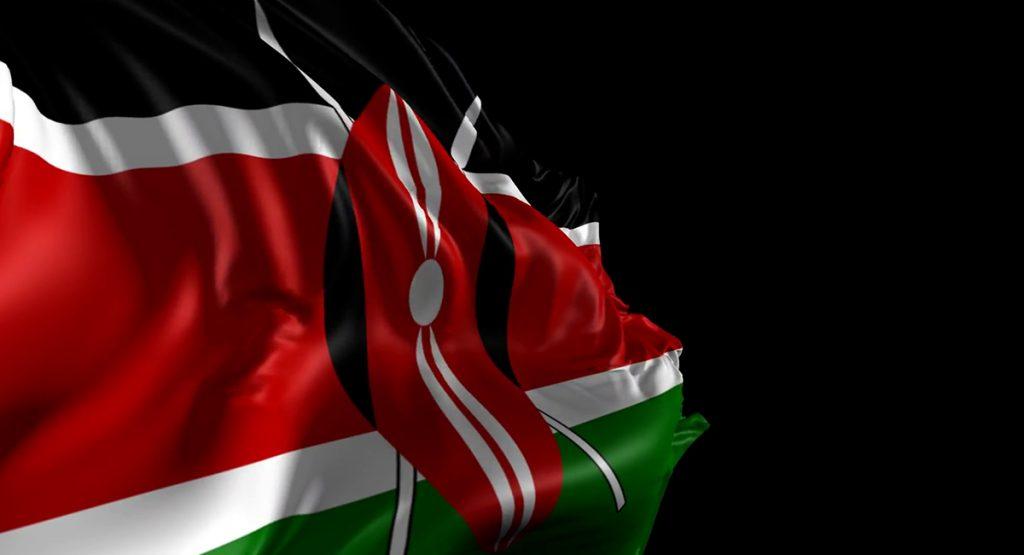The founding father of Singapore, Lee Kuan Yew, while reflecting on the idea of leadership said that: “Leadership is more than just ability. It is a combination of courage, determination, commitment, character, and ability that makes people willing to follow a leader.”
A while back, utterances by President Uhuru Kenyatta, that Kenyans should allow other tribes to produce a president in the future as well ignited an intense public debate. While the President’s intentions may have been good, he didn’t comprehend one important factor in the context of transformative leadership in totality. In the sense that, it’s not about the tribe in which a leader hails from but his/her intentions and conviction towards leadership and the country’s effective governance.
Politicians employ ethnic divide and conquer as well as divide and rule to mislead the populace. This advances the attachment of one’s ethnic trait, background, allegiance, and association to political fortunes. As a result, it can thus be seen that politicians have mastered the art of manipulating social divisions in Kenya’s political setting as a tool to advance non-democratic political belief systems. Of which does more evil than good, especially now, that we are, a few months away to the general elections.
Today, almost after 60 years of political independence, Kenya’s aspirations and hopes remain largely unfulfilled. The major problem the country experiences is the absence of genuine leaders. The good news is Kenyans have begun yearning for leaders who reflect their aspirations.
The desire to otherwise use ethnicity for individual political gain continues to undermine progressive politics that can translate to meaningful development in people’s lives. At this moment, an average Kenyan leads an appallingly difficult life that is worse in most ways than that of a fellow Kenyan led in the yesteryears. The lack of employment opportunities continues to overshadow most people today. Yet, by virtue of being in a leadership position like the presidency, one stands a better chance to change the lives of the electorate (s)/he represents. A leader can influence policies and tailor them to people’s short-term as well as long-term needs. The reason being as an elected leader you have the power and influence plus a better chance than any other ordinary citizen to bring about a much-needed change in society.
In every sense, democratic equality or democratic participation must correspond to economic equality. Elected leaders have for a long time demonstrated their inability to be innovative and create opportunities for the people to prosper. There is no greater freedom than economic liberty simply because a job gives one life and something to live for. This and other ills affecting the country Kenya is what should concern and occupy our politicians mind more than the succession politics that clearly adds no value to our welfare.
In my upcoming book on leadership and governance, I attempt to explore the interconnectedness and interrelationship between the contemporary idea of democracy, good leadership, and the societal vagrancies that are implicit and intertwined with these notions.
The eyes of visionary leaders are usually set on the horizon. Not ethnocentric sort of political agitations and/or affiliations. They work with the power of intentionality and with a higher purpose to endeavor to change people’s lives for the better so that prosperity can be found within our borders.
A towering example is former President Kibaki and the late Labor minister, Tom Mboya. Kibaki and Tom did their best in delivering true service to this country. People loved them irrespective of their tribes. Obama too had African roots but Americans believed in his ideas and capabilities. He was rewarded with the presidency. He did well. All these iconic individuals served their respective country’s well despite some challenges. They were intentional and true to themselves. And that is good leadership.
Transformational leaders should have the ability to cause a change in followers and social systems. Kenyan politicians must be reminded that leadership really entails having a sense of responsibility and a sense of ethical commitment to society and to those they lead. Similarly, they ought to recognize that one’s leadership is part of a greater whole, with the inherent responsibility of turning the country over to the next leader who will build on the past and achieve even more.
Michelle Obama while speaking to Young Africans Leadership Initiative (YALI) in 2015 noted: “Leadership is about creating new traditions that honor the dignity and humanity of every individual. Leadership is about empowering all of our people: men, women, boys, and girls to fulfill every bit of their God’s given potential”. For us to get our governance right there is an unequivocal need to make an overdue cultural shift on what has often been considered normal.
For Kenya to reap the benefits of good governance there is every need to invest in a committed, disciplined, innovative, accountable, and visionary leader irrespective of the tribe.
Tribal politics is no longer normal if we are to achieve good leadership hence good democratic accountability.
Antony Nkuubi is a Governance Expert and Obama Foundation Leader’s Fellow
Email: ankuubi@gmail.com



